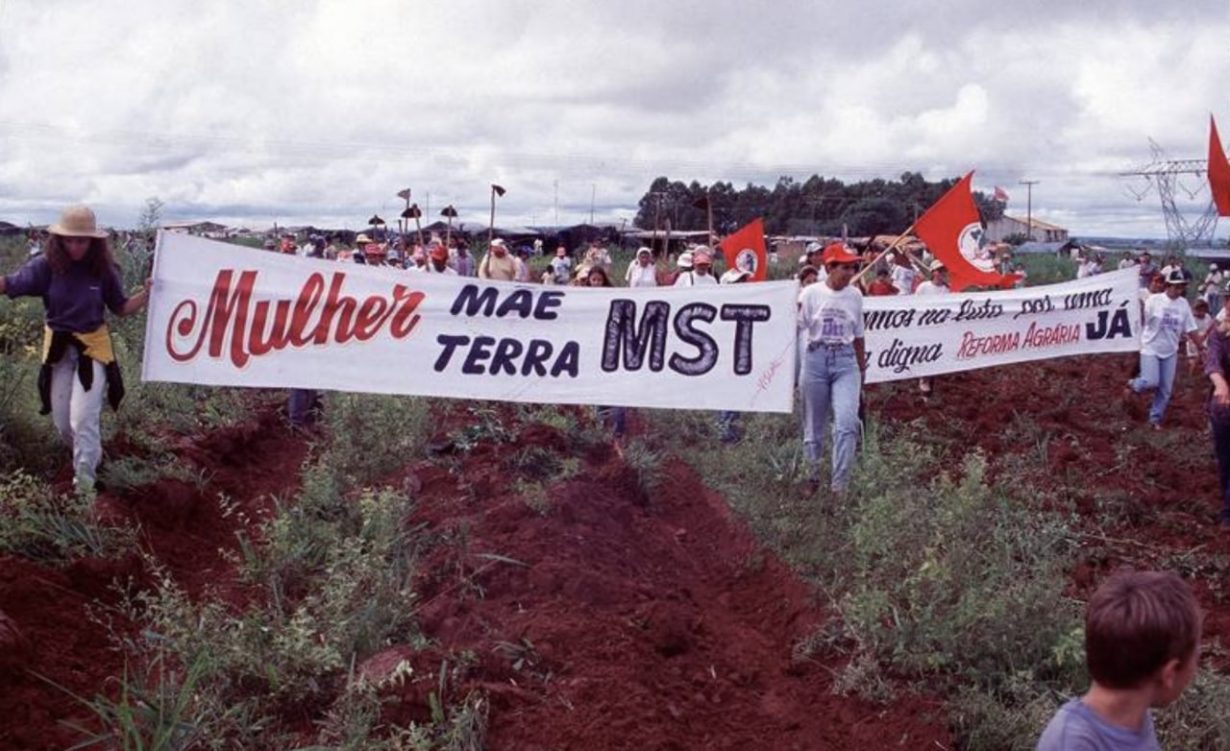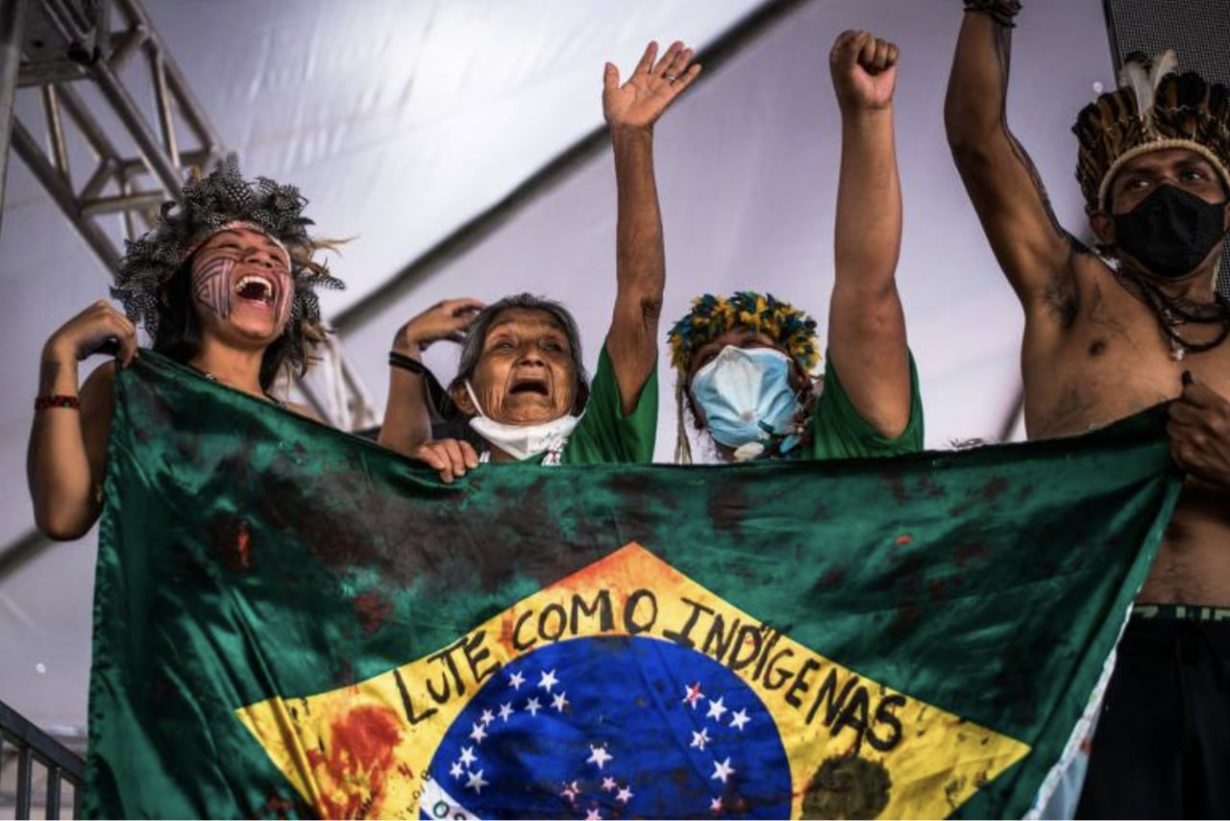
The Museu de Arte de São Paulo (MASP) has become embroiled in a censorship row over the removal of several photographs depicting the Landless Workers Movement (MST) from a forthcoming exhibition.
The images by João Zinclar, André Vilaron and Edgar Kanaykõ were due to appear in Histórias Brasileiras (Brazilian Stories), the institution’s flagship survey exhibition of 2022.
Museum leadership say the photographs were provided after the deadline, but, in an email seen by Fohla de S. Paulo, exhibition co-curators Sandra Benites, Clarissa Diniz, and the artists claim they were not informed of any date. The show’s original advertised opening date has already been postponed by a month.
The decision, Benites and Diniz said, made them feel ‘wronged and disrespected’ and regretted they had been forced to ‘betray the trust of the biggest social movement in Brazil’. On social media Hélio Menezes, curator at the neighbouring Instituto Moreira Salles, decried the move as censorship.

The MST was founded in 1984 as a philosophically Marxist, mass social movement campaigning for land reform and has organised over 2,500 land occupations. The group, which has over 1.5 million members, says it is currently operating around 900 encampments, which aim to both claim the land for responsible social development and to force local governments to act on homelessness. Presently the camps provide tents and ad-hoc shelter for the displaced as well as collective catering and education.
Critics have pointed out how the removal of the photography came in the same week that a scheduled book launch by Guilherme Boulos, founder of the Homeless Workers Movement, an organisation closely allied to MST, was cancelled, with the institution claiming the event amounted to a political demonstration. Boulos is also leader of the PSOL political party and is likely to campaign for the presidency in the forthcoming October elections.
Histórias Brasileiras will feature over three hundred artists and has twelve curators in total, headed by museum director Adriano Pedrosa. It is part of a long-running series of exhibitions which has included Histórias da sexualidade (Stories of Sexuality) in 2017, Histórias Afro-atlânticas (Afro-Atlantic stories) in 2018, and Histórias das mulheres (Women’s stories) in 2019.
MASP says that several posters from the MST archive will feature in the new exhibition, slated to open 1 July.
In the run up to the 2018 presidential election, which swept the far-right Jair Bolsonaro to power, there were a spate of attacks on museums, exhibitions and artists who were perceived as left-wing or espoused topics related to identity politics. Bolsonaro has been slowly making up ground in the polls on challenger Lula, who previously served as president of Brazil from 2003 to 2011, with some commentators predicting a close fight and possible civil unrest in the event of the incumbent’s defeat.
On Friday MASP’s chief curator Tomas Toledo announced he was leaving the museum after seven years at the institution, though the move is not believed to be related to the current controversy.